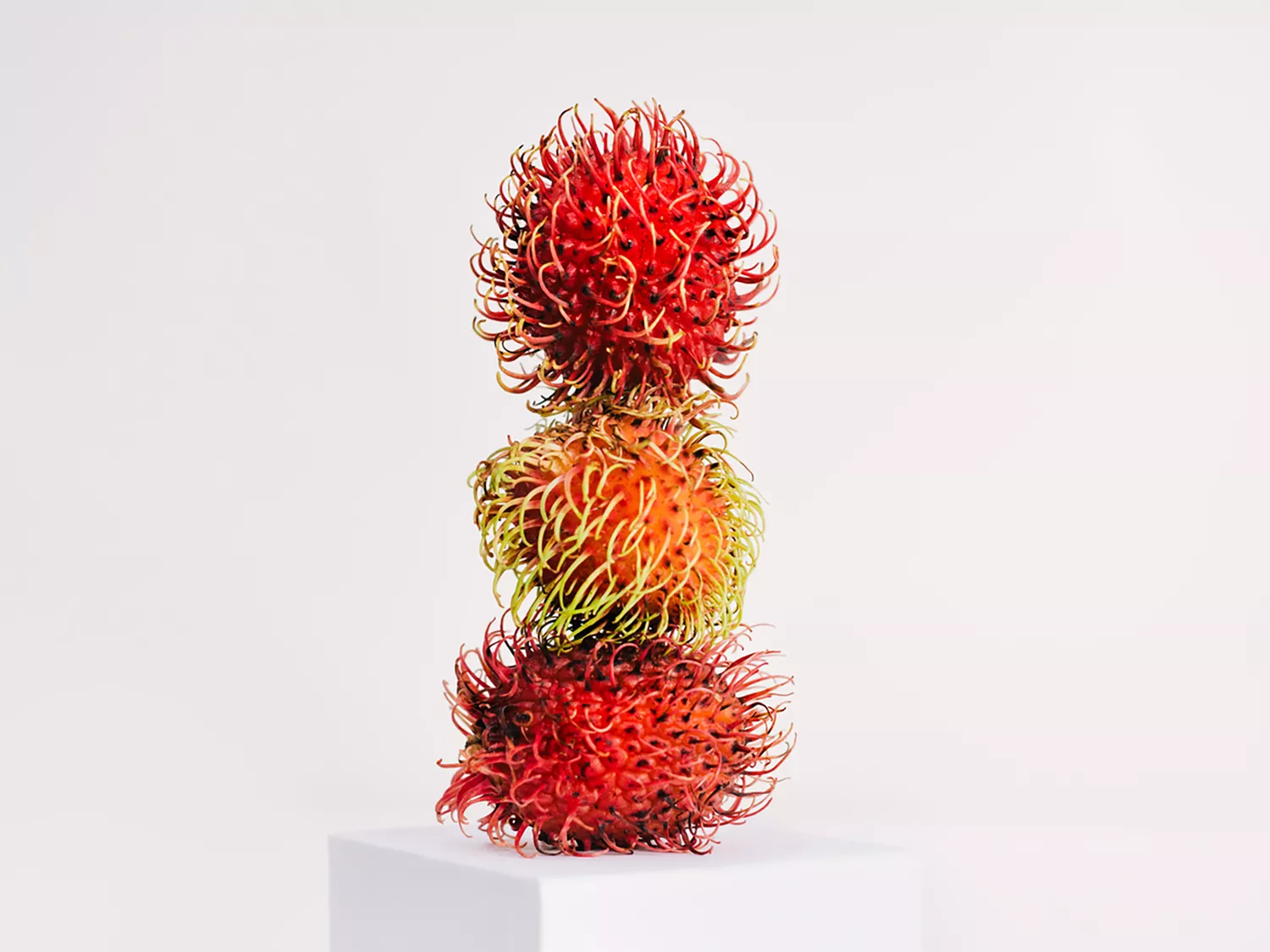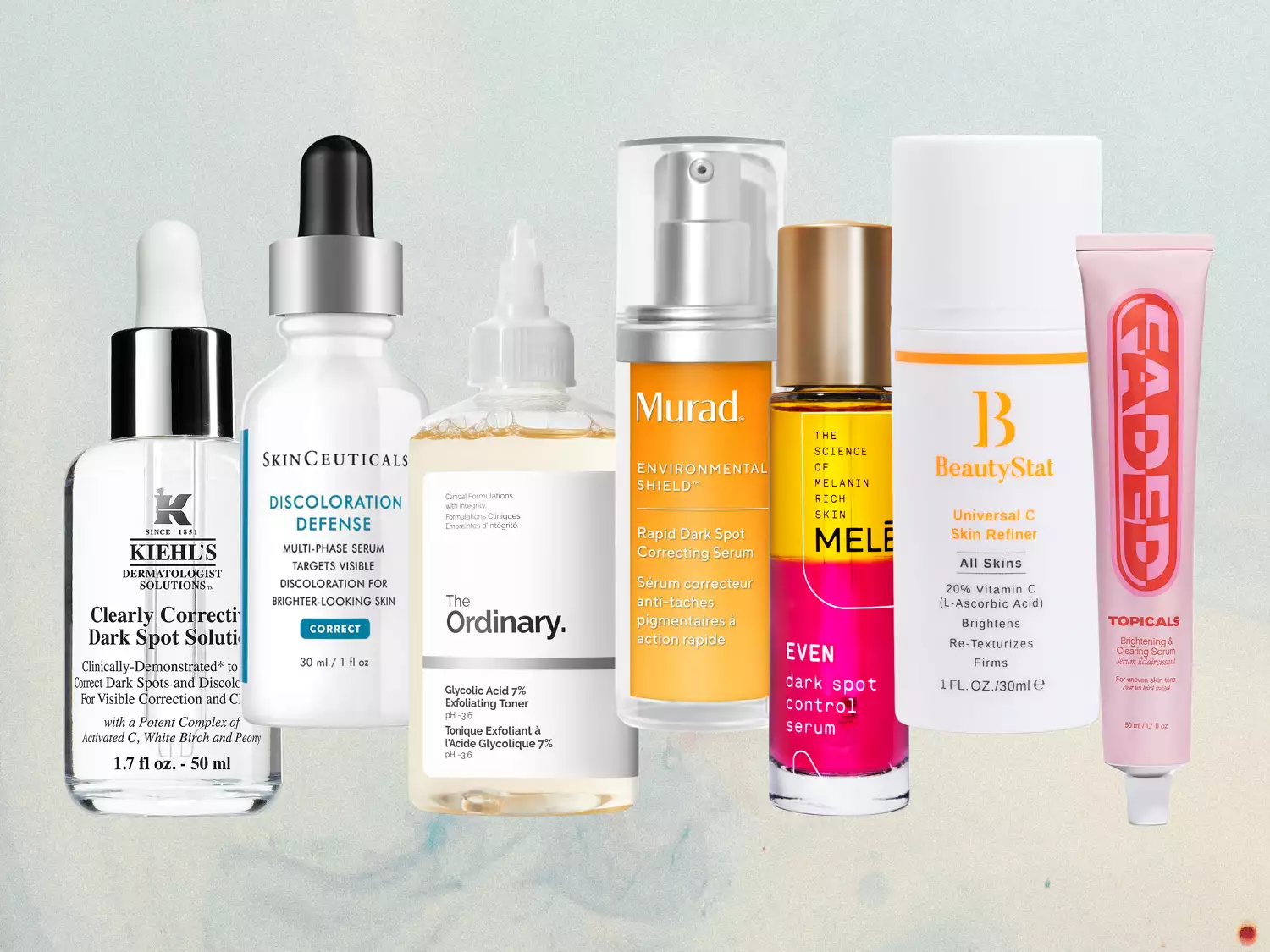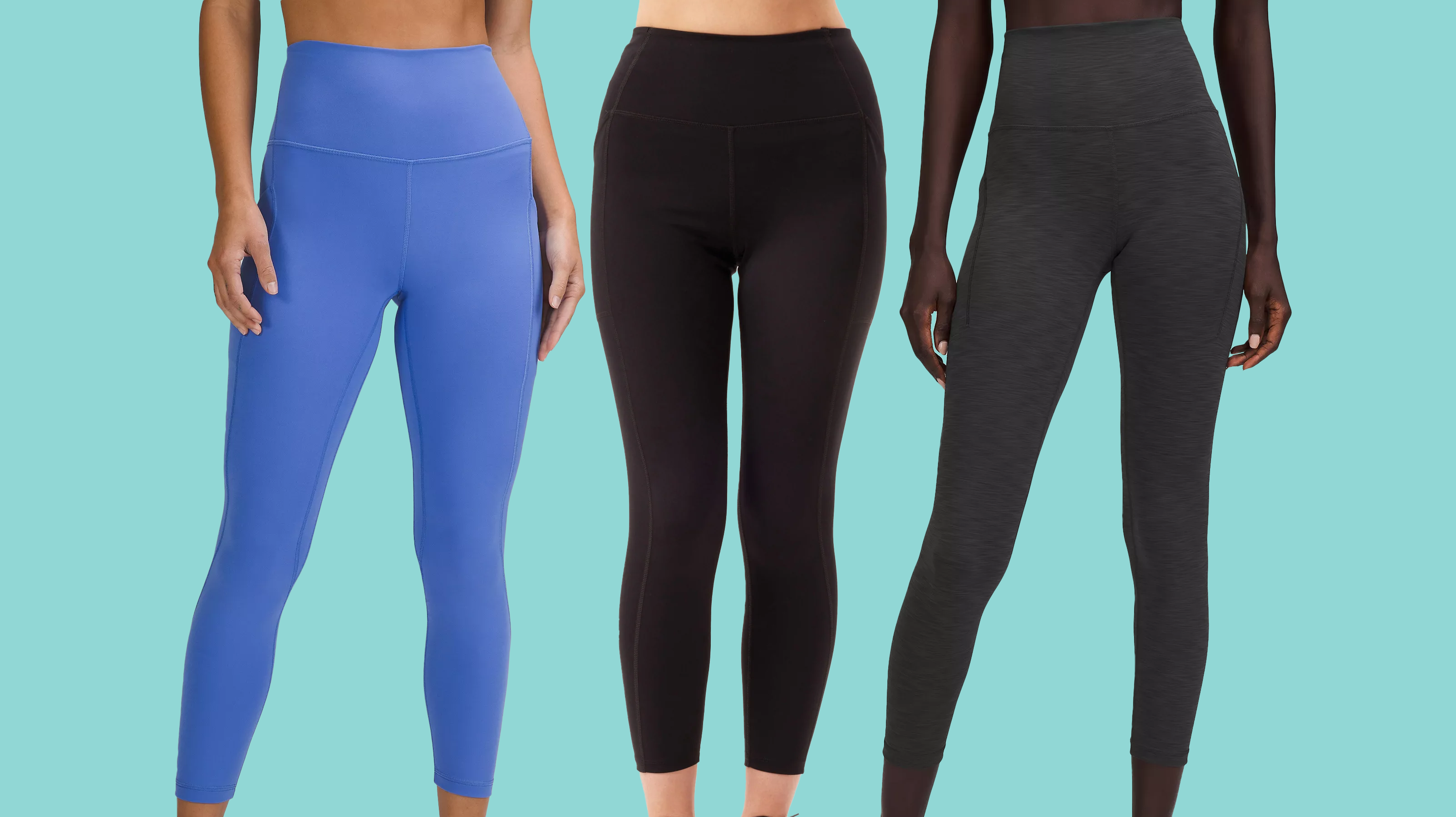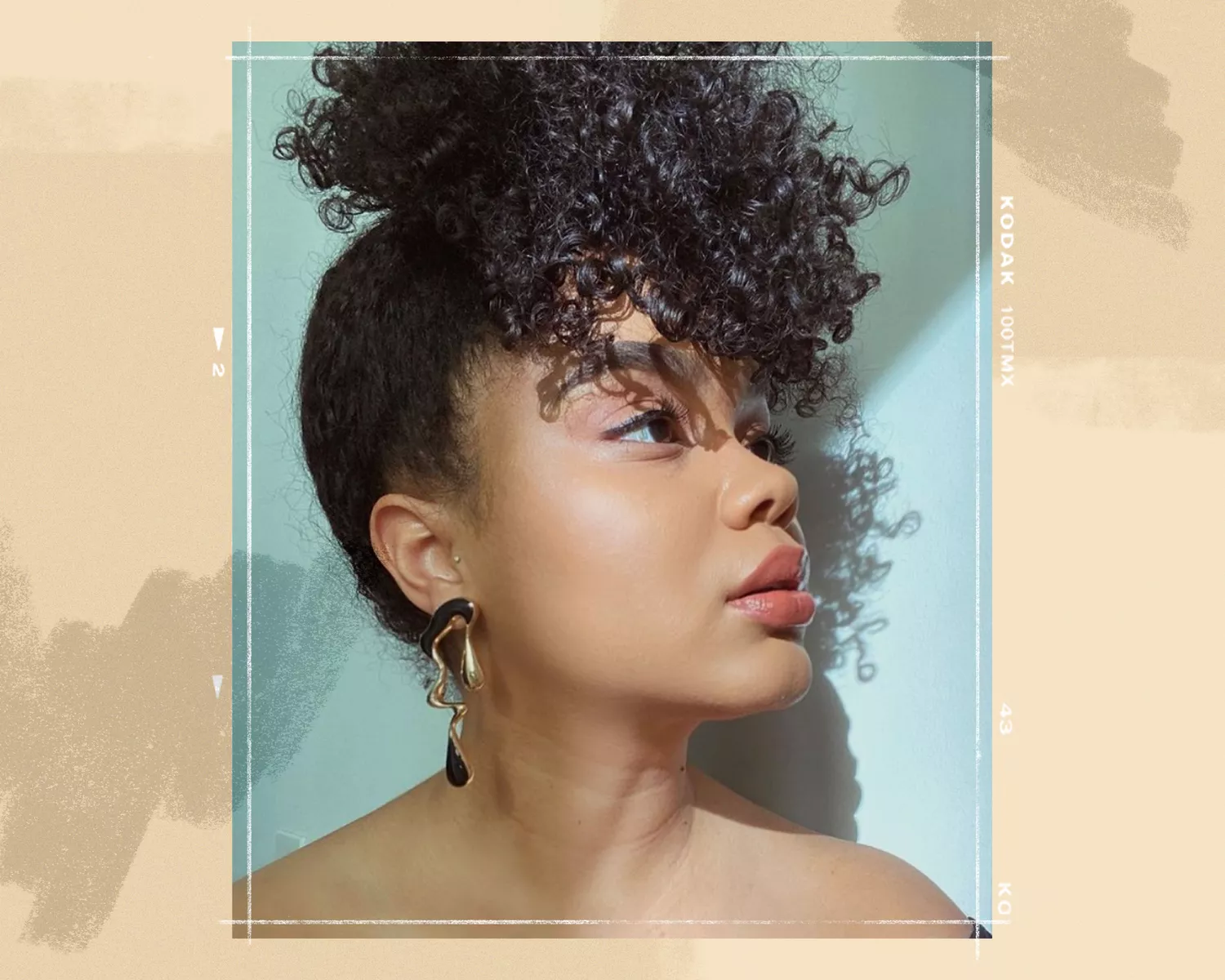
Anastasiia Sapon / Stocksy
When it comes to retinol alternatives, one particular ingredient has flown surprisingly under the radar. Perhaps its because it hasnt taken TikTok by storm yet, or because skincare brands have yet to steer away from their tried and true. But if youre looking for an ingredient with a similar impact on the skin (but with less red tape), rambutan might be the product for you.
Think of rambutan as retinols gentler, more nourishing sister. Oh, and did we mention that it can be worn in daylight, but will still fight wrinkles and regulate cell turnover? Needless to say, rambutan is an ingredient worth knowing. We turned to a trio of dermatologists—Brendan Camp, MD, Aanand Geria, MD, and Carl Thornfeldt, MD—to learn more.
Ahead, why rambutan might end up replacing retinol in your skincare routine.
FAST FACTS
Rambutan
- Type of Ingredient: Antioxidant and hydrator
- Main Benefits: Regulates cell turnover, improves the appearance of fine lines, and hydrates skin
- Who Should Use It: Generally, anyone can use rambutan
- How often can you use it:Experts say rambutan is typically safe to use up to two times a day, morning and night.
- Works well with:Hydrators and moisturizers
- Don’t use with:To avoid irritating the skin, its best not to use rambutan with retinol or other harsh exfoliators and to patch test.
What Is Rambutan?
Rambutan is a popular fruit rooted in Southeast Asia, similar to lychee. While not edible, the peels of the fruit are a powerful source of antioxidants and, therefore, have been used as a skincare ingredient.1Notably, rambutans benefits include cell turnover, collagen stimulation, hydration, and antioxidants. The fruit contains natural extracts used in skincare formulas to offer a less sensitizing alternative to retinol.2
Camp says what makes rambutan unique is its anti-aging properties, which are generally effective but not harsh on the skin.
Benefits of Rambutan for Skin
Rich with antioxidants: The peel, pulp, and seed of rambutan are rich with antioxidant properties that work together to protect the skin against environmental stressors that lead to visible signs of aging, says Geria.Collagen production: Rambutan is packed with vitamin C and antioxidants, both of which promote the production of collagen in the skin. "Their extract has been shown to stimulate the production of collagen and elastin, improving the skins firmness and elasticity and decreasing the appearance of fine lines and wrinkles," Geria elaborates.Improved skin radiance:Rambutan locks moisture into the skin and acts as a hydrator, resulting in happier, healthier skin and a more glowy and radiant appearance.Anti-aging properties: Rambutan regulates cell turnover and improves the appearance of fine lines and wrinkles, making it a natural anti-aging agent. "It upregulates elastin synthesis and its microfibril assembly," notes Thornfeldt.
Impact of Rambutan for Skin
Generally, rambutan is a gentle ingredient that can be used for most skin types. Given its benefits, youll often find rambutan as an ingredient in eye creams, moisturizers, and other anti-aging-specific products.
"Rambutan works to reduce the appearance of wrinkles and fine lines, as well as other signs of aging, through its natural extracts," says Geria. "It also provides the skin nourishing and antioxidant properties that give it hydration and a glowy look. It offers anti-aging and pore-minimizing benefits for those worried about anti-aging but who are sensitive to retinol." He adds that it can also benefit those primarily concerned with prevention, including anti-wrinkle, skin smoothing, and brightening properties. "It helps to keep the skin looking youthful without the sensitivities of retinol," he says.
When it comes to potential side effects, generally speaking, there arent many. "Any skin care product has the potential to cause skin irritation in the form of dryness, redness, and flaking" says Camp. "Rambutan is generally thought of as more gentle than retinol and less likely to cause similar side effects. It is best for mature skin, those with sensitive skin who may not tolerate retinols well, and for preventing age-related skin changes."
How to Use Rambutan for Skin
When it comes to application, rambutan is gentle and can likely be tolerated daily if not twice daily, Camp notes. That said, both experts recommend spot-testing any new product (rambutan included) to ensure no negative reactions. This is especially true for sensitive skin, they note.
"When used in a serum, rambutan-containing products are best applied after using a cleanser but before using a moisturizer," explains Camp. "When used in a morning moisturizer, it can be layered underneath a facial SPF moisturizer." He adds that rambutan works well with other ingredients with retinol-like properties, antioxidants, and hydrators, and there arent many ingredients youll need to avoid when using it. For those with sensitive skin, you may want to use it as an alternative to retinol rather than an additive.
The 11 Best Vitamin C Serums We Tested and Recommend For Glowing Skin
Article Sources
Byrdie takes every opportunity to use high-quality sources, including peer-reviewed studies, to support the facts within our articles. Read our editorial guidelines to learn more about how we keep our content accurate, reliable and trustworthy.
Mei WS, Ismail A, Esa NM, Akowuah GA, Wai HC, Seng YH. The Effectiveness of Rambutan (Nephelium lappaceum L.) Extract in Stabilization of Sunflower Oil under Accelerated Conditions. Antioxidants (Basel). 2014;3(2):371-386. Published 2014 May 9. doi:10.3390/antiox3020371
Sekar, Mahendran & Sivalinggam, Pavitra & Mahmad, Afzan. (2017). FORMULATION AND EVALUATION OF NOVEL ANTIAGING CREAM CONTAINING RAMBUTAN FRUITS EXTRACT. 8. 1056-1065.








